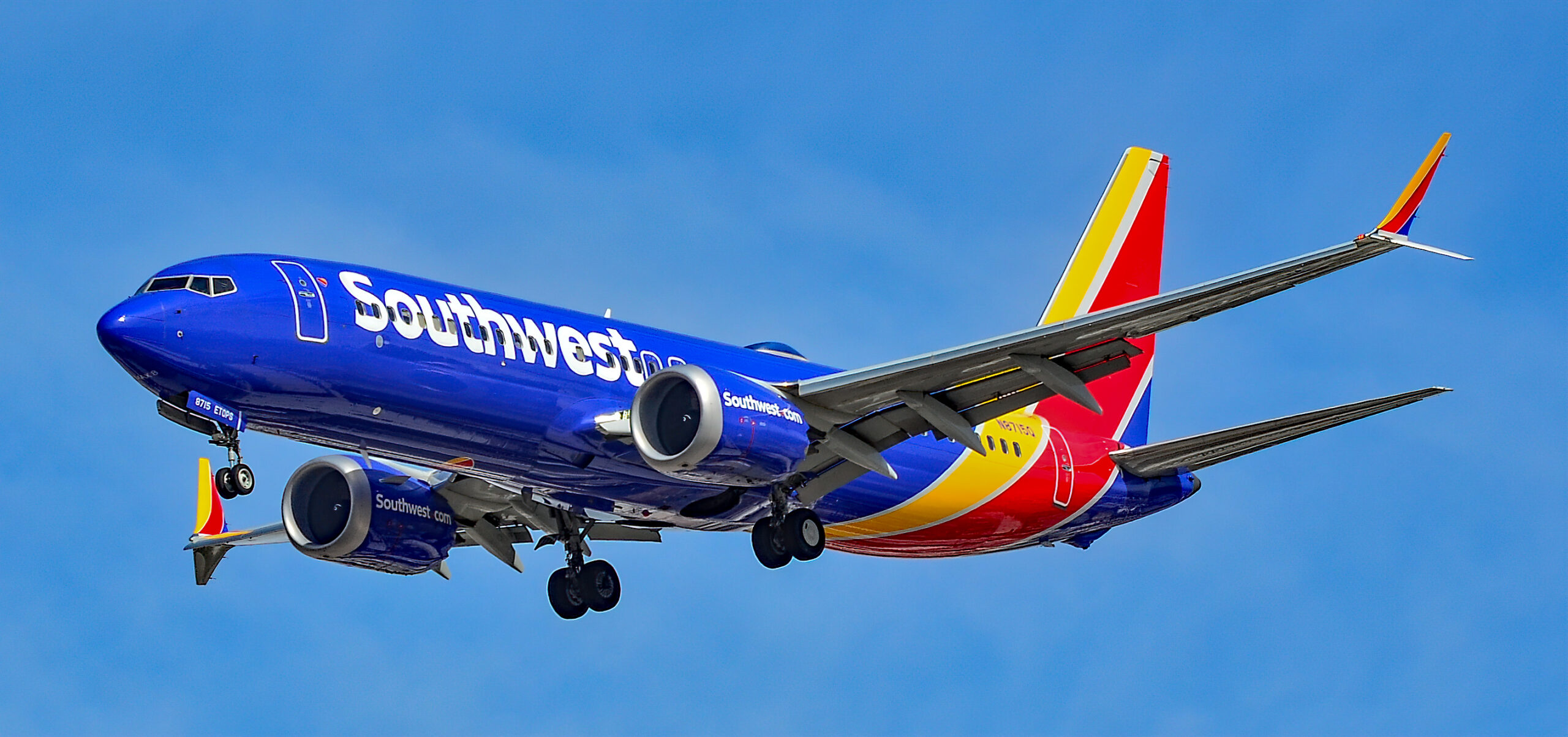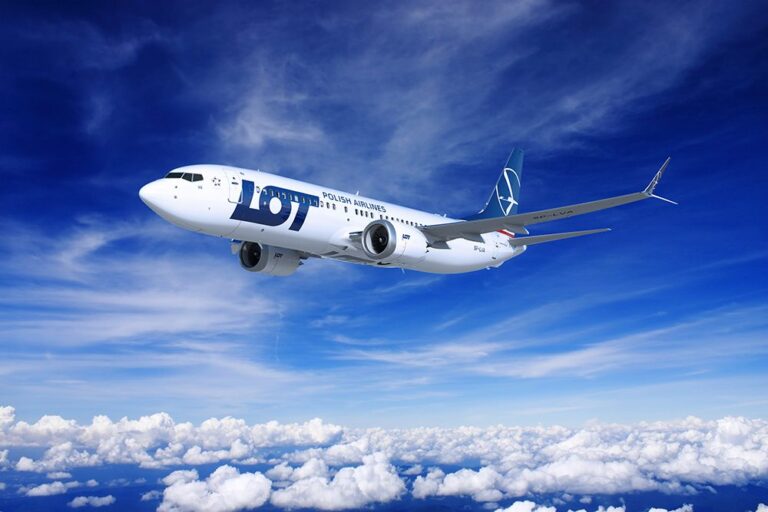Southwest Airlines Suspends CEO
Southwest Airlines Faces Leadership Shakeup Amid Investor Pressure
Southwest Airlines, one of the largest low-cost carriers in the United States, has been facing intense scrutiny from investors and shareholders. The airline has undergone significant leadership changes following mounting pressure from Elliott Investment Management, an activist hedge fund that has been pushing for strategic shifts to improve Southwest’s performance.
Investor Pressure and Leadership Challenges
Elliott Investment Management, which acquired a significant stake in Southwest Airlines, has been vocal about its dissatisfaction with the airline’s leadership. The firm criticized the company’s inability to adapt to market changes and improve financial performance. As a result, it demanded leadership changes, particularly targeting CEO Robert Jordan and then-Executive Chairman Gary Kelly.
In response to the pressure, Southwest Airlines announced a major board restructuring. Six board members stepped down, and longtime chairman Gary Kelly retired earlier than expected. His departure paved the way for new leadership aimed at revitalizing the company’s strategy. Rakesh Gangwal, a seasoned airline executive, was appointed as the new board chairman.
Operational and Policy Overhauls
To address investor concerns and boost financial performance, Southwest Airlines has implemented several strategic changes:
Checked Baggage Policy: The airline ended its longstanding policy of offering two free checked bags. Free baggage allowances are now limited, with A-List Preferred members still receiving two free checked bags, while other loyalty members and credit card holders get only one.
Flight Credits Expiry: Flight credits will now expire within a year for standard fares, while Basic fare credits will expire in just six months.
Seating Assignments: A major shift from the airline’s traditional open seating model, Southwest is transitioning to assigned seating to appeal to business travelers.
Premium Services & Red-Eye Flights: The airline is introducing premium seating options and overnight flights to compete more effectively with legacy carriers.
Financial Struggles and Future Outlook
Despite its reputation as a customer-friendly airline, Southwest Airlines has been struggling financially. A significant drop in profits due to rising labor costs and increased competition has raised concerns about its long-term stability. The airline’s leadership changes and policy shifts reflect an urgent effort to improve financial performance and restore investor confidence.
Southwest’s future will depend on its ability to balance cost-cutting measures with maintaining its reputation for customer service. The airline’s next steps will be crucial in determining whether it can successfully navigate the ongoing challenges in the aviation industry.



![Druga debata w Końskich. “Rafał, pomysłu na tę debatę nie obronisz” [RELACJA NA ŻYWO]](https://sportdomain.com.ng/wp-content/uploads/2025/04/IMG_20250418_200829-768x772.jpg)


